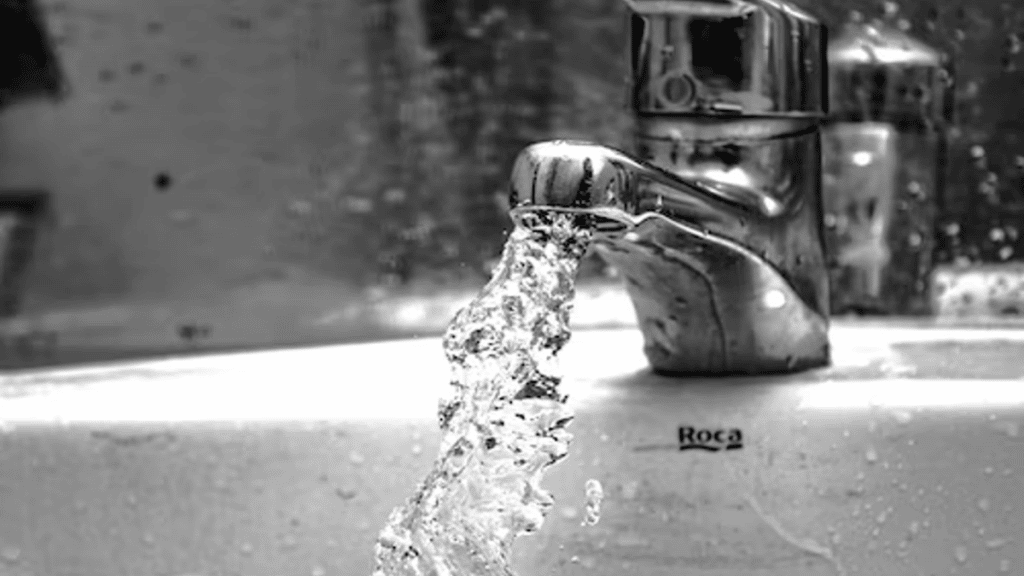How often do you check or maintain your hot water system? Or are you putting all that off until there’s a genuine problem to deal with?
In terms of using a plumber Melbourne maintenance experts will tell you, prevention is usually cheaper than the cure. While it’s true that the average hot water system can last anywhere between 8 and 12 years, any number of factors can result in a faulty hot water system.
Common Reasons Why Your Hot Water System Could be Failing
Hot water is a top necessity for every Australian resident. Being left without hot water can be inconvenient and even a sanitation issue. Knowing what could cause your hot water system to fail will go a long way to ensuring the correct maintenance is done so you can prevent problems. Read on to see what you should be taking note of.
1. Faulty Thermostat or Element
One of the more common reasons that your hot water system could be failing has to do with the thermostat or element. Thermostats regulate the temperature of your water and turn the element on or off depending on the existing temperature in the water tank.
When a thermostat becomes faulty, it causes the water to heat to unusually high temperatures. This leaves you at risk of being scalded or burnt when you open the taps. On the flip side, some faulty thermostats stop warming the water completely and result in cold water only.
When your hot water system seems faulty, your plumber will most likely check your thermostat and element before anything else.
2. Leaking Hot Water System
An obvious sign that it’s time to call your plumber is a sudden leak from your hot water system. While valves do occasionally leak a little water, it shouldn’t be an ongoing feature. Doing regular valve replacements should form part of your maintenance program to prevent sudden leaks.
When the water leak is coming from the top or bottom of your electric hot water system it’s a tell-tale sign that it’s possibly time for a hot water system repair. In this instance, you should cut all power to the system and call your trusted plumber.
3. Gas Systems With a Pilot Light Out
If you’re using a gas water system, a pilot light lets you know that your system is working. When your gas system’s pilot light is off there is no way for the gas to be lit to heat the water. For the most part, relighting the pilot light is easy enough for a homeowner to do. If there seems to be a different underlying problem, your plumber will be able to isolate the problem.
Tell-Tale Signs that Warn of a Hot Water System Issue
In most instances, your hot water system will give you a few clues that it’s no longer functioning correctly. Knowing what to look for will prevent a considerable amount of aggravation. Let’s look at the common tell-tale signs that you shouldn’t ignore.
- Fluctuating temperatures: The most obvious sign will always be a sudden, unexplained change from your regular temperatures. This can vary from extremely hot to icy cold without heating up. Avoid using the system until your plumber can assess the problem. This will avoid any burn injuries.
- Unusual sounds: Since hot water systems heat up and get cold, the occasional sound is normal. However, any loud, unusual sounds resembling banging and rattling shouldn’t be ignored.
- Strange smells: Hot water systems that use gas will emit a strange, rotten egg smell if there is a problem with the system or the gas line. Leaking gas can be fatal to humans and pets and needs urgent attention.
- Leaks: As we’ve already mentioned, some small leaks can be attributed to faulty valves. Other bigger leaks could be a sign of a more serious problem. Call your plumber for a full check to avoid the problem escalating.
- Rust-coloured water: Water that looks rusty or dirty is another clear sign that your hot water system needs attention. While the water may eventually run clear, the problem will get worse if ignored. Eventually, your hot water system will start leaking.
- Mineral smell: Depending on the quality of the water in your area, there could be a mineral build-up in your water tank. If ignored, the mineral deposits from hard water can solidify which in turn encases the internal components. When this happens, your system is forced to work harder, decreasing its lifespan. To prevent this, simply drain your tank every couple of months.
- Faulty electrical connection: If your water heater seems to not be warming correctly, check all electrical connections to make sure the problem isn’t electrical.
Final Thought
Ignoring the signs that your hot water system could need some maintenance will result in it needing to be replaced down the line. Of course, this will be more expensive than performing regular maintenance. So, be proactive and avoid the stress of costly repairs while keeping your water at the temperature you enjoy!

